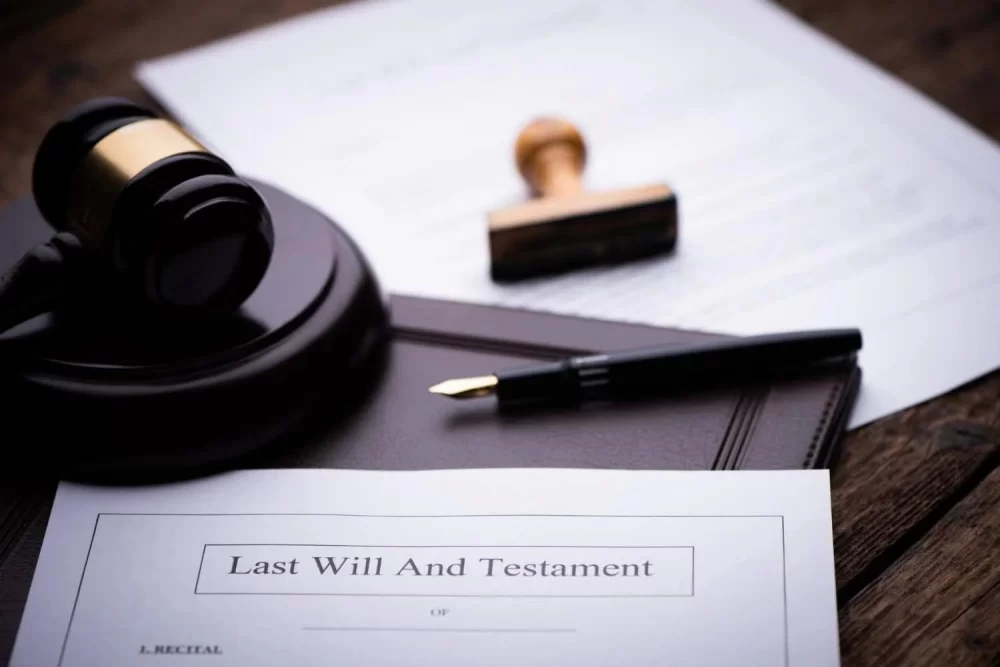
- Understanding the Role of an Estate Executor
- Key Factors to Consider When Choosing an Executor
- Personal and Professional Qualities of an Executor
- Real-Life Case Study of Executor Selection
- How ESPLawyers Can Assist in Your Estate Planning
1. Understanding the Role of an Estate Executor
Choosing an executor for your estate is one of the most important decisions in estate planning. An executor is the person or institution appointed to carry out your final wishes as expressed in your will. Their responsibilities include gathering and managing assets, paying debts and taxes, and distributing property to beneficiaries. This role requires diligence, honesty, and a good understanding of legal procedures. Missteps by an executor can cause delays, legal disputes, or financial loss, which is why knowing exactly what the position entails is crucial before making a choice.
1.1 Responsibilities of an Executor
The duties of an executor can be extensive. They must locate and secure all estate assets, file necessary tax returns, manage estate expenses, and communicate transparently with beneficiaries. The executor also represents the estate in probate court if necessary. Because these tasks can be complex and time-consuming, an executor should be someone who can handle both the administrative and emotional weight of the role effectively.
1.2 Why the Right Executor Matters
Many people underestimate how critical it is to select the right executor. Choosing someone unsuitable—whether due to inexperience, conflict of interest, or lack of time—can jeopardize the smooth execution of your wishes. For example, appointing a family member who has poor organizational skills or strained relationships with heirs can create conflicts and prolong estate settlement.
2. Key Factors to Consider When Choosing an Executor
When considering how to choose an executor for your estate, several key factors must guide your decision-making process to avoid complications later.
2.1 Trustworthiness and Integrity
The executor will manage your assets and make important financial decisions. Therefore, trustworthiness is non-negotiable. You want someone who is honest, responsible, and respects your wishes above their own interests.
2.2 Availability and Willingness
It’s essential that your chosen executor is willing to take on the role and has the availability to dedicate the necessary time. Some executors face delays or ignore responsibilities, which can frustrate beneficiaries and increase costs.
2.3 Familiarity with Estate Matters
Although not always required, a person with some understanding of financial management or legal matters can be invaluable. Executors often work with lawyers, accountants, and financial advisors, so familiarity with these processes helps ensure smoother administration.
2.4 Relationship with Beneficiaries
Consider how the executor interacts with other heirs. Ideally, the executor should be impartial and able to handle potential conflicts diplomatically. This helps prevent disputes and maintains harmony among family members during a stressful time.
3. Personal and Professional Qualities of an Executor
Beyond the fundamental criteria, certain personal and professional qualities elevate an executor’s effectiveness in managing your estate.
3.1 Organization and Attention to Detail
Managing an estate requires tracking multiple documents, deadlines, and assets. Executors with strong organizational skills are more likely to avoid errors and delays, making the entire process more efficient.
3.2 Communication Skills
Clear, regular communication with beneficiaries and professionals involved in the estate is critical. Executors who keep everyone informed reduce misunderstandings and foster trust.
3.3 Emotional Stability
Estate matters often involve grief and family tensions. Executors who stay calm and objective under pressure help smooth the process and resolve conflicts constructively.
3.4 Professional Executors and Institutions
Sometimes it’s best to appoint a professional executor, such as a lawyer or trust company, especially in complex estates or when family dynamics are difficult. Professionals bring expertise and neutrality but may charge fees, so this choice depends on your specific situation.
4. Real-Life Case Study of Executor Selection
Consider the example of the Johnson family, where the patriarch appointed his eldest son as executor without discussing the choice with other family members. The son, inexperienced and living abroad, struggled to manage estate duties promptly. This caused delays and frustration among siblings, resulting in a costly legal dispute. Had Mr. Johnson chosen an executor with more experience or communicated his choice clearly, the estate process would have been smoother.
This story highlights the importance of choosing an executor not only based on personal trust but also on capability and clear communication with all stakeholders involved.
5. How ESPLawyers Can Assist in Your Estate Planning
Choosing the right executor is a nuanced process that benefits from professional guidance. At ESPLawyers, we specialize in estate planning and can help you assess potential executors, draft clear legal documents, and ensure your wishes are protected. Whether you need advice on selecting an executor or want help setting up your entire estate plan, our expert team provides tailored solutions that fit your unique needs.
By working with ESPLawyers, you gain peace of mind knowing that your estate will be handled efficiently and fairly, saving your loved ones time and stress during difficult moments.








